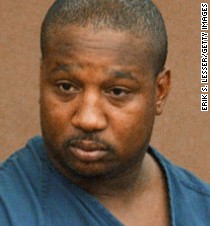


For me it is made so much more so because the images of places and people are so familiar to me. This is not a pleasant subject, in fact it is nauseating. But some of the families interviewed said they would have preferred his execution. While the death penalty could have been in play prosecutors allowed him to plea bargain for several life sentences at Angola State Penitentiary, saying that's what the families wanted, so he could spend a long time suffering and reflecting on his crimes. We gradually put most of the pieces together but looking up a news article on Dominique is necessary to understand the whole story. What the film lacks is a clear narrative, it never really introduces and summarizes what the whole 1 hour 17 minute presentation is about. Dominique lured men to rape them, he killed them because he feared getting caught and going to jail. Curiously also one near victim that managed to escape. This documentary is striking because there are no actors, it features families of victims and law enforcement, and the words of Ronald Dominique himself describing the crimes. Many of the victims were found discarded near where I lived and worked in the 1980s. Now I know, it became the epicenter of a 9-year murder spree by serial killer Ronald Dominique, a short fat homosexual man that few would ever suspect. Louisiana I often heard my dad refer to Bayou Blue but really never knew what or where it was. I was attracted to this film because as a kid growing up in S.


 0 kommentar(er)
0 kommentar(er)
